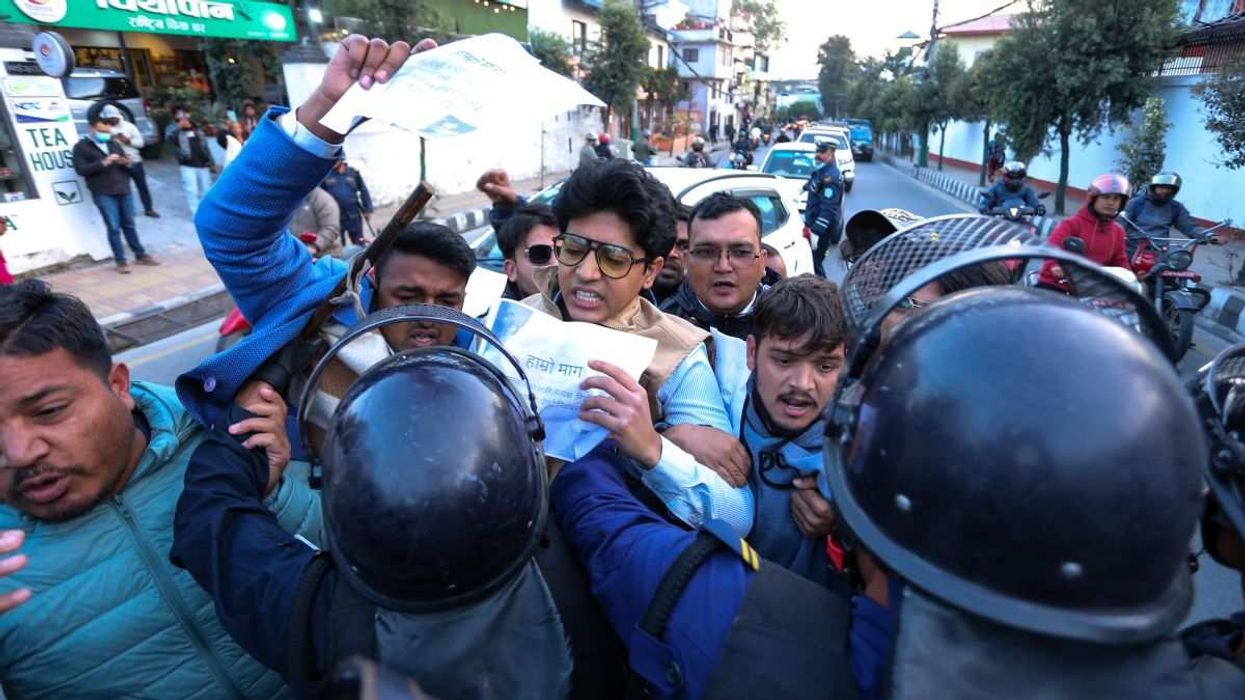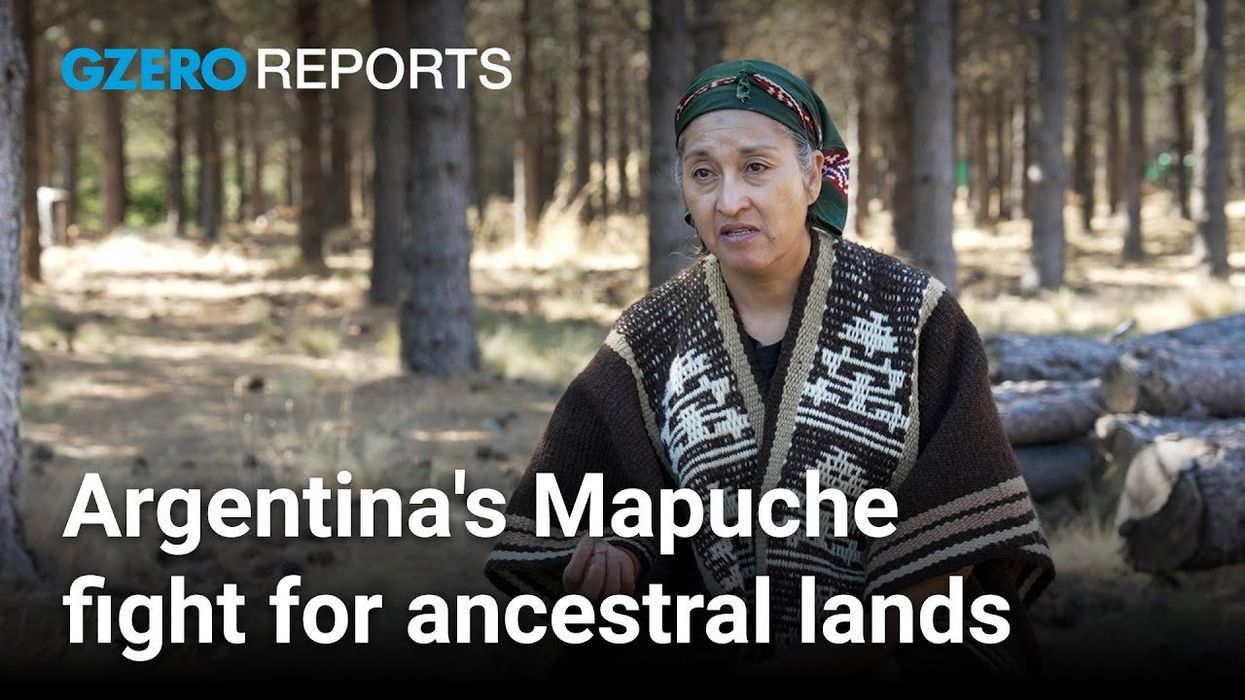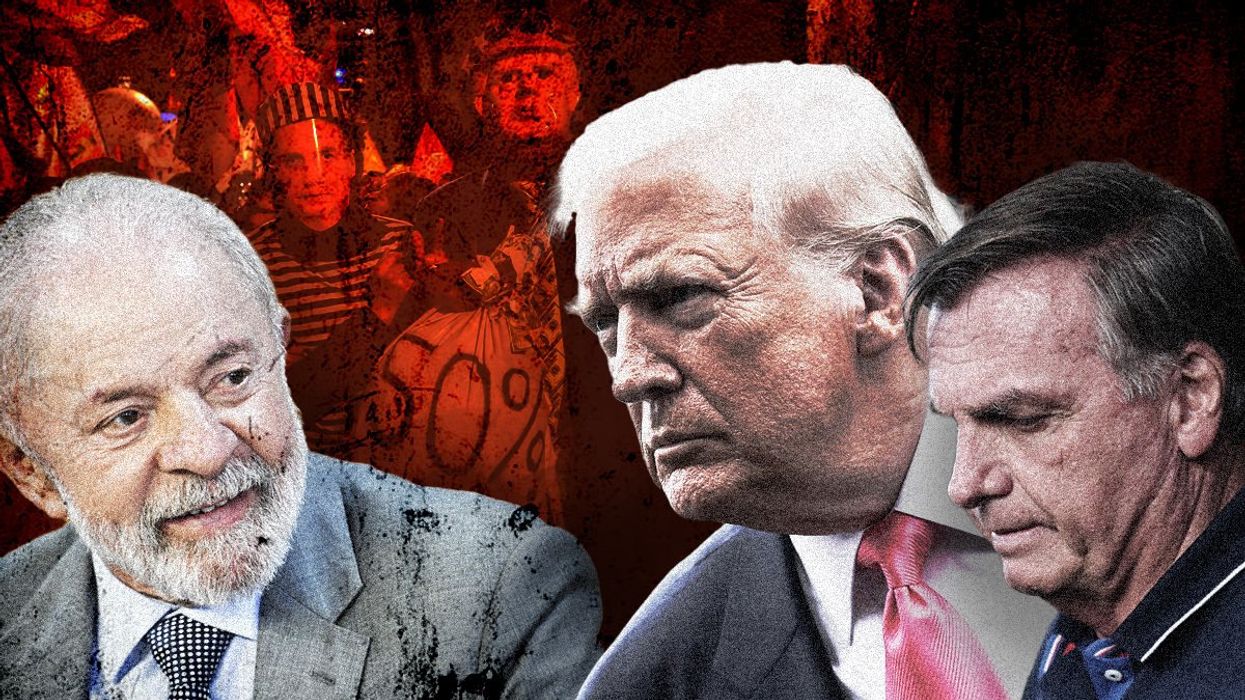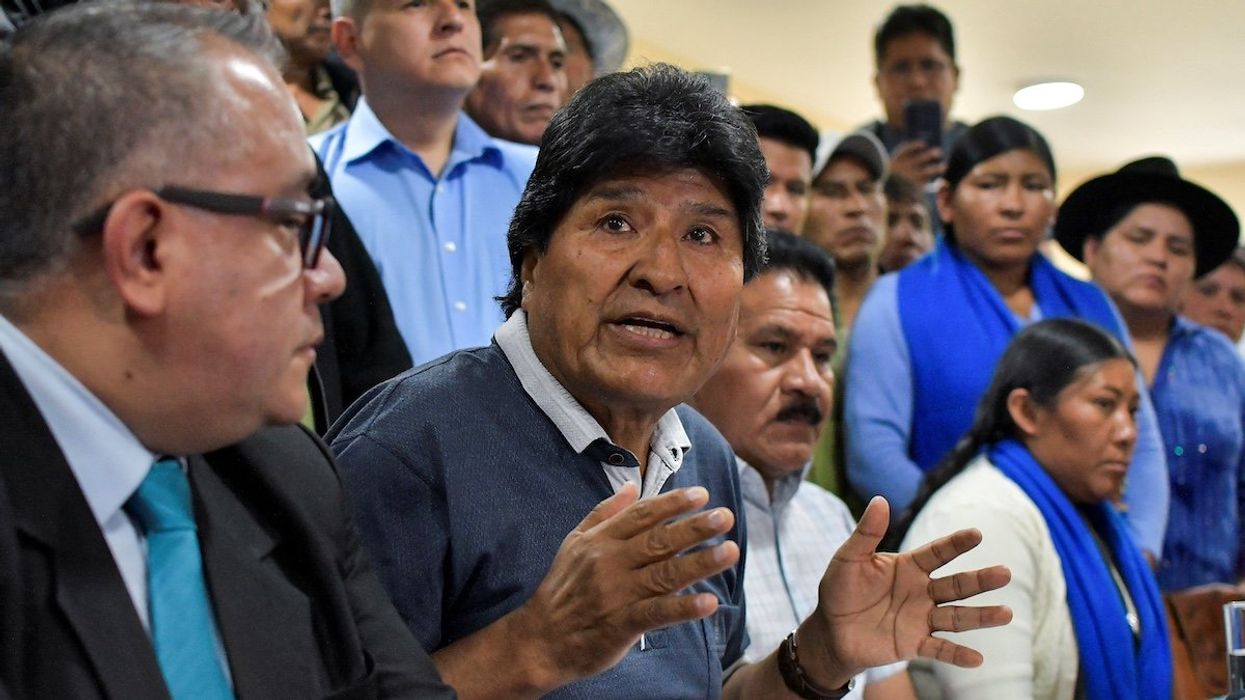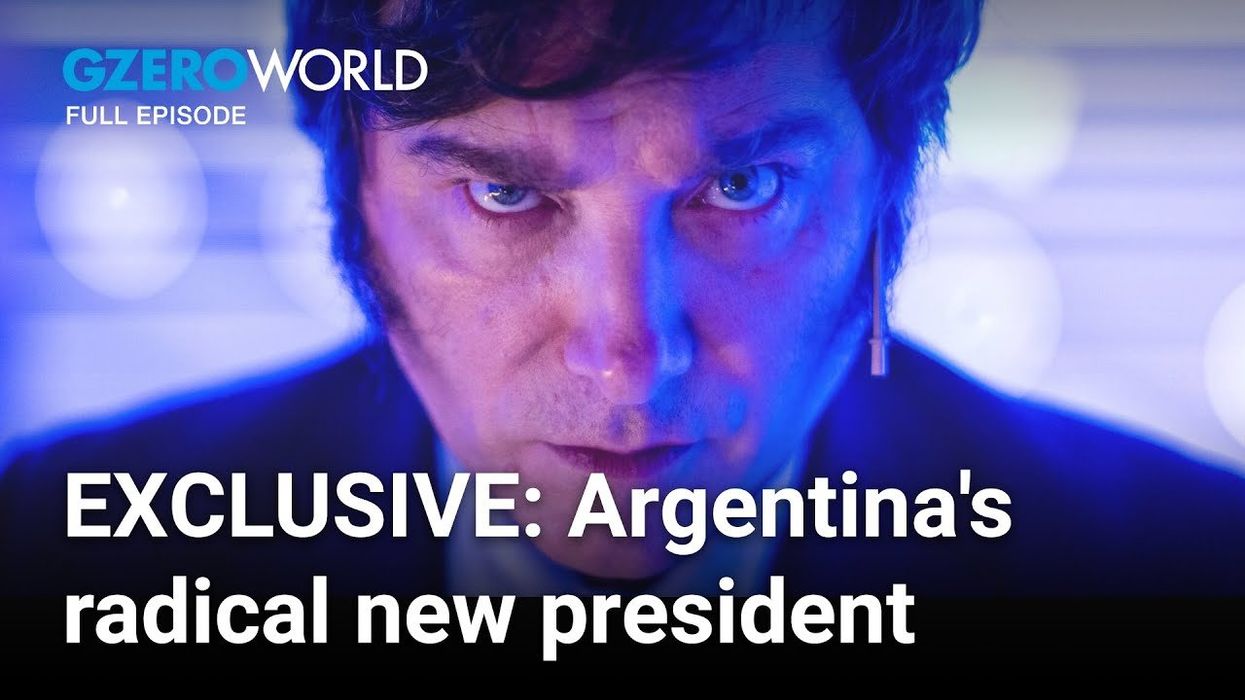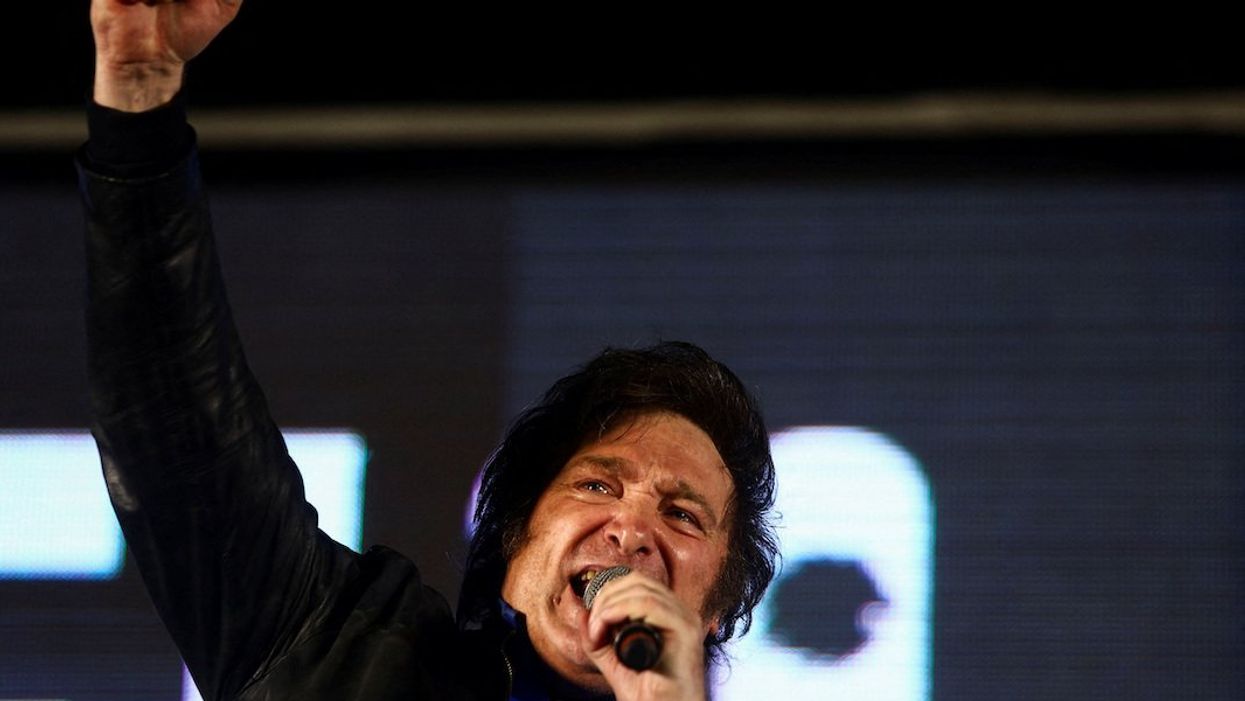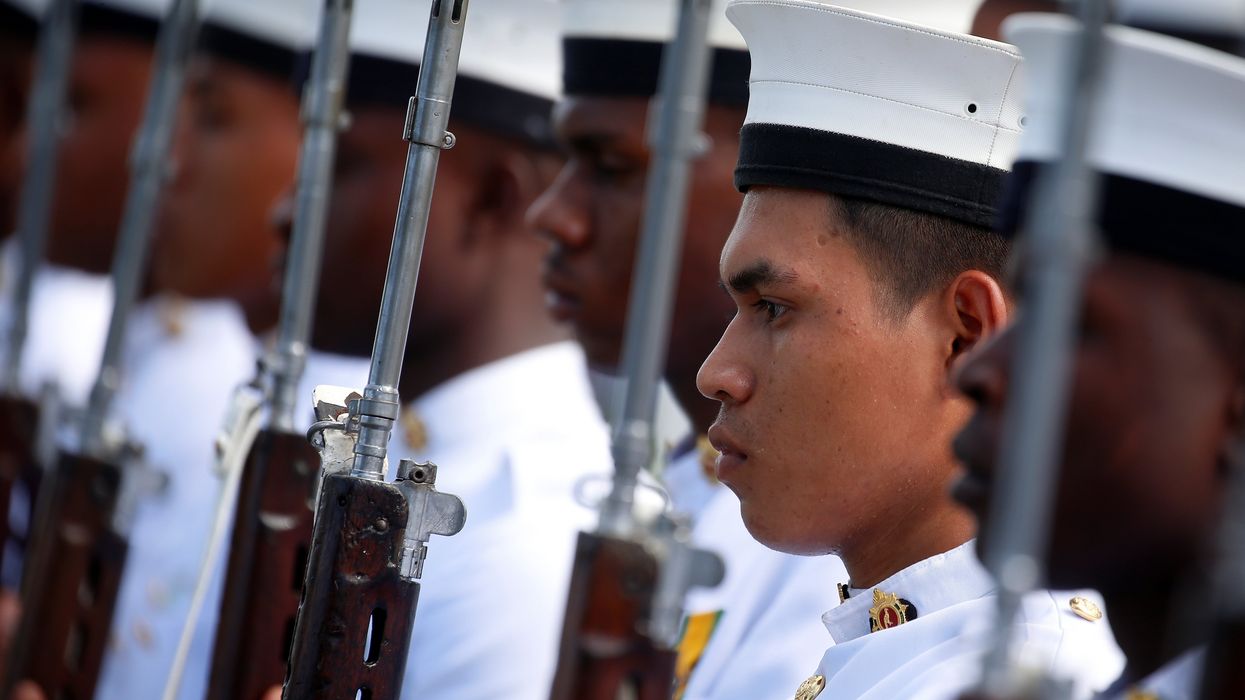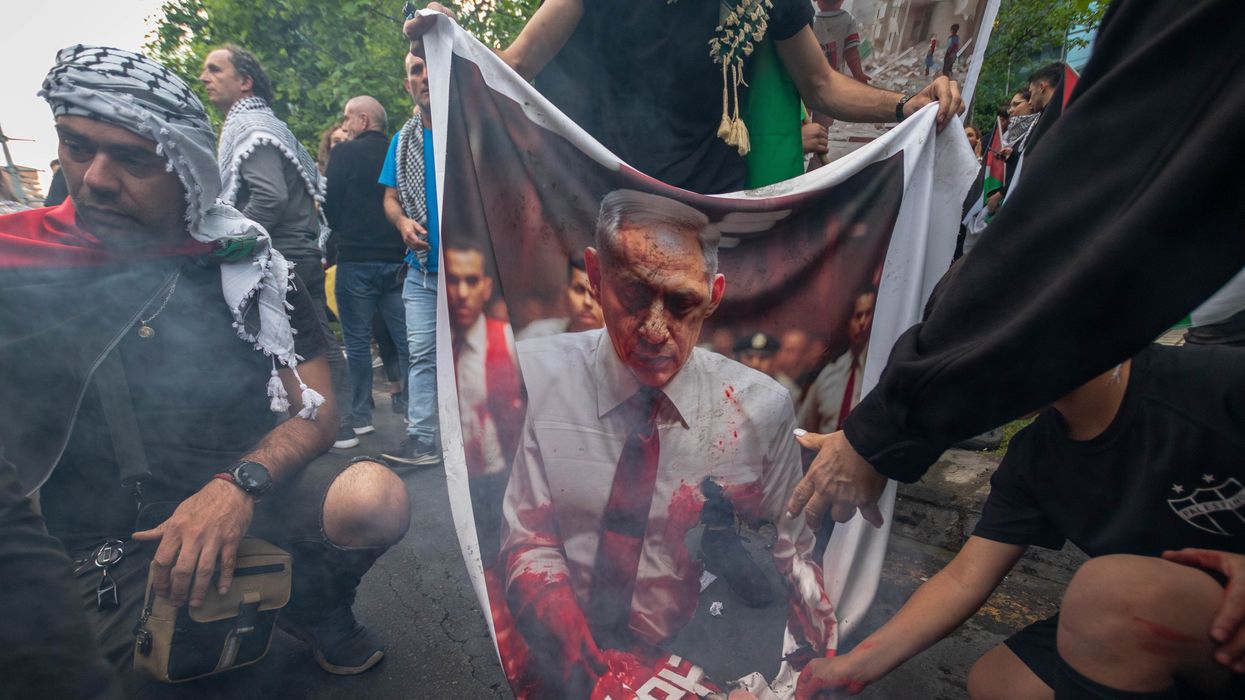What We're Watching
What We’re Watching: EU-Mercosur trade deal faces now-or-2028 vote, Trump plans to surround Venezuela, US wants Pakistan to offer Gaza peacekeeping forces
The trade deal between the European Union and South America’s Mercosur bloc is on the chopping block, facing an end-of-year deadline to be approved or shelved until 2028.
Dec 17, 2025

